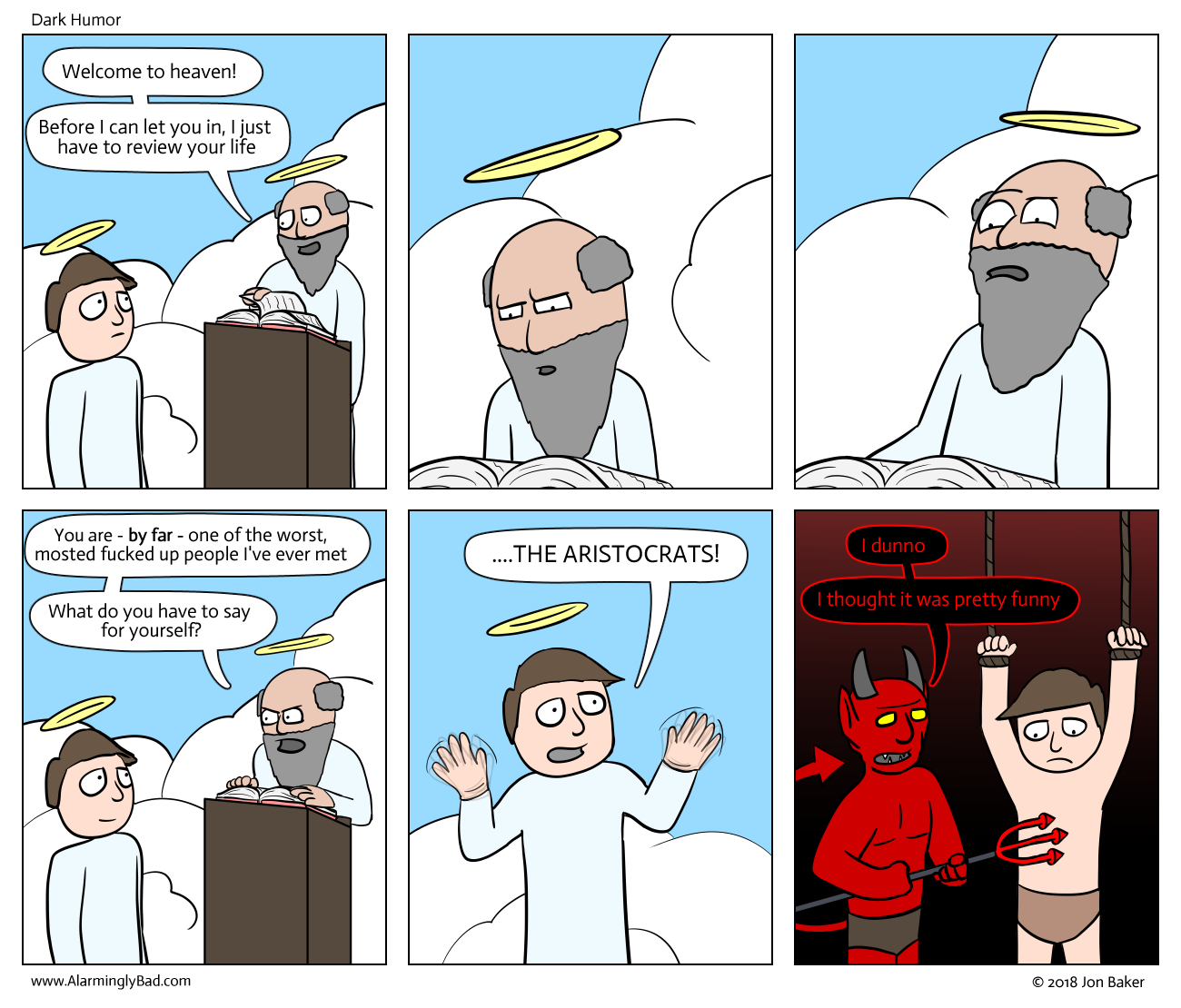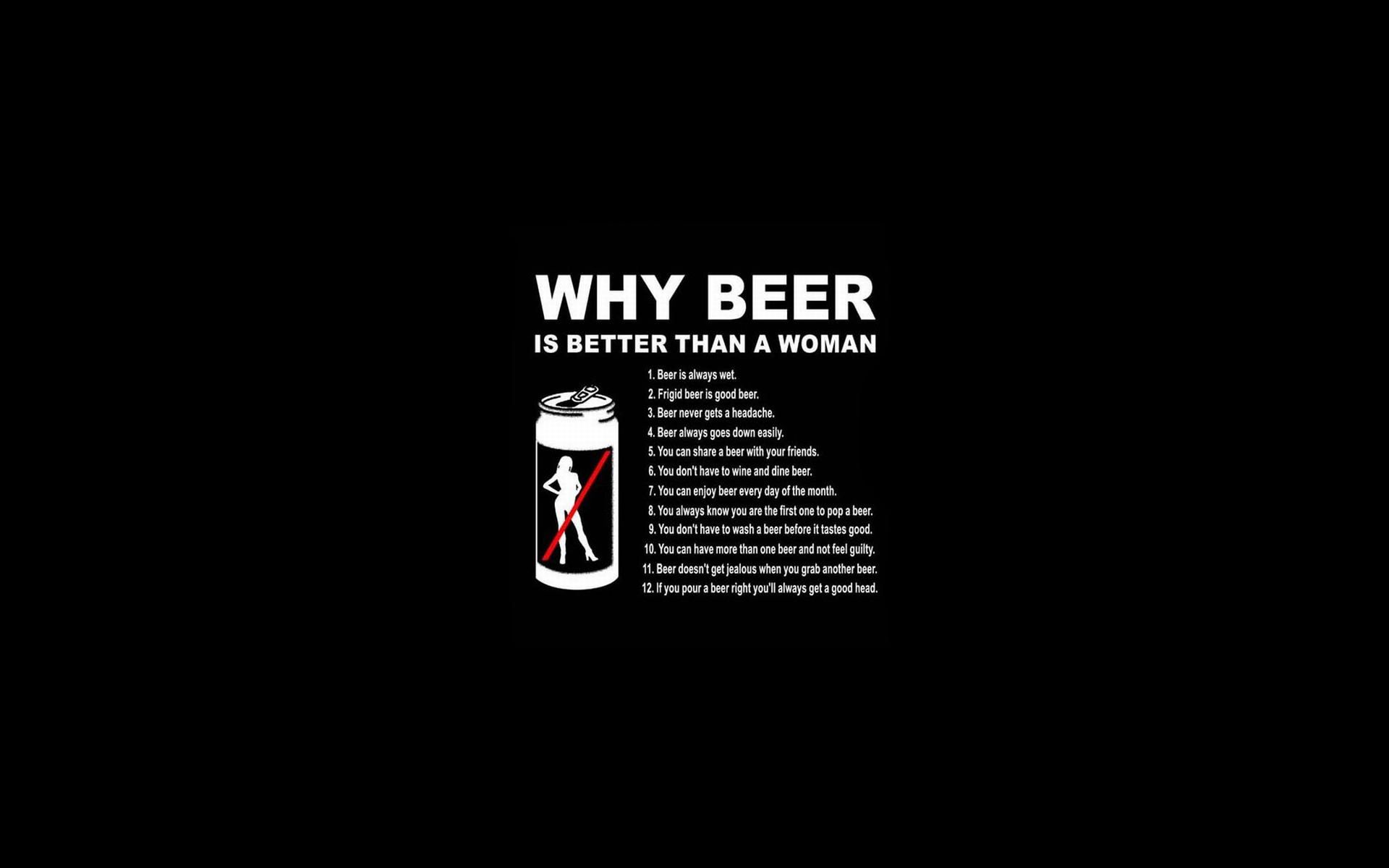Really Dark Humor: The Art Of Laughing In The Darkest Corners
Have you ever heard a joke so dark it made you question your soul? Yeah, that’s what we’re diving into today—really dark humor. It’s not for everyone, but for those who get it, it’s like a secret handshake to the weird and twisted side of life. Dark humor has this way of taking the worst parts of existence and flipping them on their head, turning tragedy into laughter. And let’s be real—sometimes laughter is the only thing keeping us sane in this chaos.
Now, before you think this is just some random rant about offensive jokes, there’s actually a lot more to it. Dark humor has psychological roots, cultural significance, and even therapeutic benefits. It’s not just about being edgy; it’s about finding humor in the uncomfortable truths of life. So, if you’re ready to explore the shadowy corners of comedy, buckle up because we’re going deep.
And hey, don’t worry if you’re not sure where to start. By the end of this article, you’ll have a solid understanding of what really dark humor is, why people love (or hate) it, and how it can actually help you navigate life’s toughest moments. Let’s dive in, shall we?
- Who Played Virginia In Happy Gilmore
- Arrowhead Stadium History
- Hishashi Ouchi
- 1967 Halftime Show
- Cancer And Aquarius
What Exactly Is Really Dark Humor?
Let’s break it down, shall we? Really dark humor is that kind of comedy that doesn’t shy away from the heavy stuff—death, disease, war, and all the other things that make life feel like a rollercoaster with no safety harness. It’s the type of humor that makes you laugh so hard you feel a little guilty, but you can’t stop because it’s just too damn funny.
Think about it like this: dark humor is the rebel child of comedy. It doesn’t care about being politically correct or playing it safe. Instead, it tackles the tough topics head-on, often using shock value to make its point. And while it might not be everyone’s cup of tea, for those who get it, it’s like finding a hidden gem in the vast desert of mainstream humor.
Here’s the thing, though—dark humor isn’t just about being offensive. It’s about finding the absurdity in life’s darkest moments and laughing at it. It’s about saying, “Yeah, life’s a mess, but hey, at least we can laugh about it.” And sometimes, that’s exactly what we need.
- Las Vegas Raiders Background
- Go Kart Burnsville Mn
- Iconic 1970s
- Movie Splash Actress
- The Jeffersons Cast Dead Or Alive
Why Do People Love (or Hate) Really Dark Humor?
Not everyone gets the appeal of dark humor, and that’s okay. For some, it’s a line they’re not willing to cross. But for others, it’s like a breath of fresh air in a world that can feel suffocating. So, why do people love—or hate—really dark humor? Let’s break it down.
The Love Affair with Darkness
For those who love dark humor, it’s often because it speaks to a deeper truth. Life is hard, and sometimes the only way to deal with it is to laugh. Dark humor has a way of cutting through the BS and getting straight to the heart of the matter. It’s raw, unfiltered, and unapologetic—and that’s exactly what makes it so appealing to some people.
Plus, there’s something cathartic about laughing at the things that scare us the most. It’s like saying, “Yeah, death is real, but so is laughter.” And let’s be honest—life’s too short to take everything so seriously, right?
The Hate for the Heavy Stuff
On the flip side, there are plenty of people who just can’t get on board with dark humor. For some, it feels disrespectful or insensitive. Others might find it too triggering, especially if they’ve experienced trauma related to the topics being joked about.
And let’s not forget the societal pressure to be “nice” and “polite.” Dark humor can feel like a violation of those unspoken rules, and for some people, that’s just too much to handle. But here’s the thing—dark humor isn’t for everyone, and that’s perfectly okay. The key is respecting boundaries while also embracing the humor that speaks to you.
Is Really Dark Humor Bad for You?
Here’s the million-dollar question: is dark humor actually bad for you? The short answer is no—not necessarily. In fact, there’s evidence to suggest that dark humor can actually be good for you, both mentally and emotionally. Let’s dive into the science behind it.
Studies have shown that people who enjoy dark humor tend to have higher levels of intelligence and emotional resilience. Why? Because understanding dark humor requires a certain level of cognitive flexibility and emotional intelligence. It’s not just about getting the joke—it’s about understanding the context and the deeper meaning behind it.
That being said, there’s a fine line between healthy dark humor and harmful jokes. If you’re using dark humor as a way to hurt others or avoid dealing with your own emotions, that’s when it can become problematic. But if you’re using it as a tool for coping and connection, it can actually be incredibly beneficial.
Where Does Really Dark Humor Come From?
Dark humor isn’t just a modern phenomenon—it’s been around for centuries. In fact, some of the earliest examples of dark humor can be found in ancient Greek comedies and satires. Back then, just like today, people used humor as a way to process the harsh realities of life.
So, where does dark humor come from? Well, it’s a combination of factors—cultural, psychological, and even biological. In some cultures, humor is seen as a way to cope with tragedy and hardship. In others, it’s a form of rebellion against societal norms and expectations.
And let’s not forget the role of biology. Our brains are wired to seek out patterns and make connections, even in the most chaotic situations. Dark humor taps into that natural tendency, allowing us to find humor in the most unexpected places.
The Psychology Behind Really Dark Humor
Now, let’s talk about the psychology of dark humor. Why do some people find it so funny while others can’t stand it? It all comes down to personality, upbringing, and life experiences.
Personality Traits
Research has shown that people who enjoy dark humor tend to score higher on traits like openness, intelligence, and emotional stability. They’re also more likely to have a sense of humor that’s more abstract and complex, rather than surface-level.
But here’s the thing—just because someone doesn’t enjoy dark humor doesn’t mean they’re less intelligent or emotionally stable. It’s all about individual preferences and how we process information.
Upbringing and Environment
Your upbringing and environment can also play a big role in how you respond to dark humor. If you grew up in a household where humor was used as a coping mechanism, you’re more likely to embrace dark humor as an adult. On the other hand, if you were raised in a more serious or conservative environment, dark humor might feel out of place or even offensive.
How to Embrace Really Dark Humor
If you’re curious about dark humor but not quite sure where to start, don’t worry—you’re not alone. Here are a few tips to help you embrace the darker side of comedy:
- Start small. Don’t jump straight into the darkest jokes—ease into it with something a little more lighthearted.
- Find your tribe. Surround yourself with people who share your sense of humor. It’s way more fun to laugh at dark jokes with someone who gets it.
- Know your limits. If something feels too heavy or triggering, it’s okay to step back. Dark humor is supposed to be fun, not harmful.
And remember, it’s all about finding what works for you. There’s no right or wrong way to enjoy dark humor—as long as it’s not hurting anyone, it’s fair game.
Really Dark Humor in Pop Culture
Dark humor has made its way into just about every corner of pop culture, from movies and TV shows to books and stand-up comedy. Let’s take a look at some of the most iconic examples:
TV Shows
Shows like “BoJack Horseman,” “Black Mirror,” and “Curb Your Enthusiasm” have all embraced dark humor in unique and powerful ways. They tackle tough topics like mental health, technology, and relationships, all while keeping us laughing (and sometimes crying).
Movies
From “Dr. Strangelove” to “Fight Club,” dark humor has been a staple of cinema for decades. These films use humor to explore complex themes and challenge our perceptions of reality.
Comedy
Comedians like George Carlin, Bill Burr, and Maria Bamford have all built their careers on dark humor. They tackle everything from politics to personal struggles, all while keeping us laughing along the way.
Really Dark Humor and Mental Health
Here’s where things get really interesting—dark humor and mental health. As we mentioned earlier, dark humor can actually be beneficial for mental health, but it’s all about how you use it. When used as a tool for coping and connection, dark humor can help you process difficult emotions and build resilience.
But here’s the catch—if you’re using dark humor as a way to avoid dealing with your emotions or to hurt others, it can actually do more harm than good. The key is finding a balance and using humor in a way that’s healthy and constructive.
Really Dark Humor: The Final Word
So, there you have it—everything you need to know about really dark humor. Whether you love it or hate it, there’s no denying its power to make us laugh, think, and connect on a deeper level. And while it’s not for everyone, for those who get it, it’s like a secret language that only the brave and the weird can understand.
So, what’s next? Well, if you’re ready to dive deeper into the world of dark humor, there’s plenty more to explore. Check out some of the resources we’ve mentioned, or head over to our other articles for even more insights. And hey, don’t forget to leave a comment or share this article with your friends. After all, laughter is always better when it’s shared.
Table of Contents
- What Exactly Is Really Dark Humor?
- Why Do People Love (or Hate) Really Dark Humor?
- Is Really Dark Humor Bad for You?
- Where Does Really Dark Humor Come From?
- The Psychology Behind Really Dark Humor
- How to Embrace Really Dark Humor
- Really Dark Humor in Pop Culture
- Really Dark Humor and Mental Health
- Really Dark Humor: The Final Word
Article Recommendations
- Where Do The Atlantic And Pacific Oceans Meet
- The Monarch Club
- Marie Temara Net Worth
- Hishashi Ouchi
- Who Played Virginia In Happy Gilmore



Detail Author:
- Name : Conner Jacobi
- Username : madaline71
- Email : igoldner@hotmail.com
- Birthdate : 1970-09-07
- Address : 87818 Aliza Summit South Lilyan, PA 60315-2757
- Phone : +13612364056
- Company : Monahan-Weissnat
- Job : Conveyor Operator
- Bio : Dolorem ad voluptatem laudantium eos quia. Sit repellat necessitatibus laboriosam sint. Eum est qui qui animi.
Socials
facebook:
- url : https://facebook.com/feest1994
- username : feest1994
- bio : Velit voluptatem libero sint enim aspernatur rem culpa.
- followers : 779
- following : 2604
twitter:
- url : https://twitter.com/tyrese.feest
- username : tyrese.feest
- bio : Aliquam illum voluptas et deserunt. Pariatur aliquid illo cupiditate et. Repudiandae modi rerum sit dignissimos itaque nam.
- followers : 6606
- following : 2639
tiktok:
- url : https://tiktok.com/@tfeest
- username : tfeest
- bio : Dicta sint eos libero non. Ut quidem dolor et saepe omnis eos et.
- followers : 421
- following : 1118